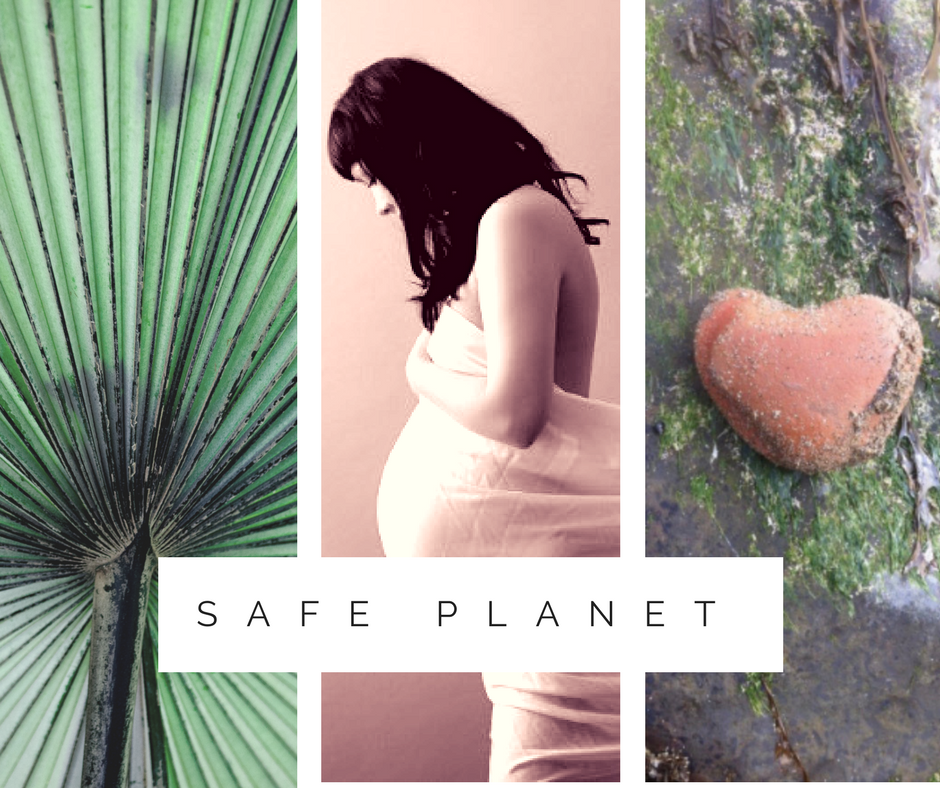The U.S. Food and Drug Administration has banned the use of BPA in products such as baby bottles and sippy cups, but the chemical continues to be used in many other products we use daily.
Most people have a few cans of beans lying around that contain BPA in the lining of aluminum and tin cans, where it is used to prevent corrosion.
BPA is also is found in thermal paper cash receipts, which are coated with the chemical, and a study has shown increased BPA levels in their urine of those using the reciept printers on a regular basis!
The chemical BPA can disrupt the hormonal system acting like artificial estrogen which could disrupt the hormonal balance and cause reproductive issues. Unfortunately we don't know what all the detrimental effects of BPA can cause and the exposure is difficult to avoid in today's society where it's use is widespread. According to the CDC in a study they found 93 percent of the US population tested positive for BPA exposure. BPA has even been found in breast milk of nursing mommas. For long term safety of you and the planet I recommend staying away from BPA containing products and limit your exposure to plastics in general.
Tips to Reduce your exposure to BPA. (Tips form hazwaste.org)
The best way to reduce your BPA exposure is to avoid household products that contain BPA.
Food choices:
- Eat fresh and frozen foods instead of foods stored in cans.
- Purchase foods packaged in glass containers, ceramic containers or cardboard brick-shaped cartons. Juice boxes are an example of a cardboard brick-shaped carton. Look on the bottom to see if it was made by Tetra Pak or SIG Combibloc.
Food containers already at home:
- Replace pre-2011 baby bottles, sippy cups, water bottles and other hard, clear plastic food storage containers. 3
- Throw away cracked or scratched plastic containers. Recycle them if possible (ask your local recycling program) or put them in garbage.
- Use glass or unlined stainless steel water bottles.
- Keep plastic containers labeled with a 1, 2 or 5; they do not contain BPA or other plastic chemicals of concern.
- Dispose of plastic containers labeled with a 7 inside the recycle symbol. Although not all 7 plastics contain BPA, it’s not easy to tell which contain BPA and which don’t.
Safer practices for food containers made of polycarbonate:
- Use polycarbonate plastic for cold storage and for non-food items.
- Heat food in glass, ceramic or stainless steel containers. In polycarbonate containers, heat leaches more BPA into foods and liquids.
- Wash polycarbonate containers by hand instead of in the dishwasher to prevent scratching. Scratching releases more BPA.
Safer practices for receipts
- Wash your hands after handling receipts
- Consider putting gloves on before handling a lot of receipts

